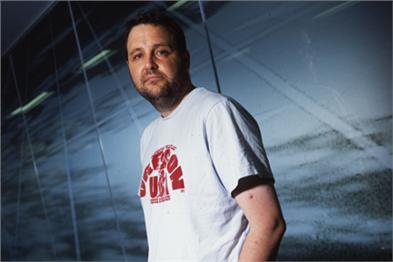I tend to default to some vague injunction for us all to prepare for a new world that's going to sweep us all away in a tide of change and things-not-being-the-sameness. And I always feel guilty about such endings because I'm deeply aware that in the five years since I started doing these things, absolutely nothing has changed. Indeed, if you reread your copy of Murder Must Advertise, you'll quickly realise that nothing has changed in advertising since at least the 30s. We've combined art directors and copywriters and we make the ads with computers, but that's about it. Otherwise, a 30s adman dropped into a modern agency would pretty much know what to do.
A tremendous blog post over the weekend made me think about this all over again. It was written by a chap called Matt Edgar and was taking to task the lazy presentation cliches about the "accelerating pace of change we're all living through".
You know the kind of thing: "It took radio 40 years to reach a market of 50 million people; YouTube only took six months, Google+ may do it even quicker." We've all thrown similar statistics around. Matt makes us think about it a little harder - to start with, how are these things even usefully comparable? Imagine the effect of the first radio arriving in your home; contrast that with getting access to a slightly different social network. These are not the same thing.
Matt develops this into a really rich and informed story about how we're probably not all living through especially momentous changes. This is clear at a societal level - we've all got lots more telly channels to watch but we're still using Victorian sewers and driving cars Henry Ford would recognise - but it's pretty true in our little world too.
The smartest bit of Matt's argument is when he starts to wonder why we're so sure all this change is happening. His neat analogy is to do with distance. To put it simply: changes in the industrial era are big and far away; changes now are small and close - without enough perspective, it's easy to think they're the same size. You should read it. It's really smart stuff.
The point, though, is this: we accept these things too easily. Ideas such as "the accelerating pace of change", "digital natives" and "X will kill Y" make great presentation fodder, but they're almost never unprecedented and they're almost always only true in a very narrow field, if at all.
So let's make sure we prepare for a new world where we're increasingly sceptical about pronouncements about the world we have to prepare for.
russell@russelldavies.com


